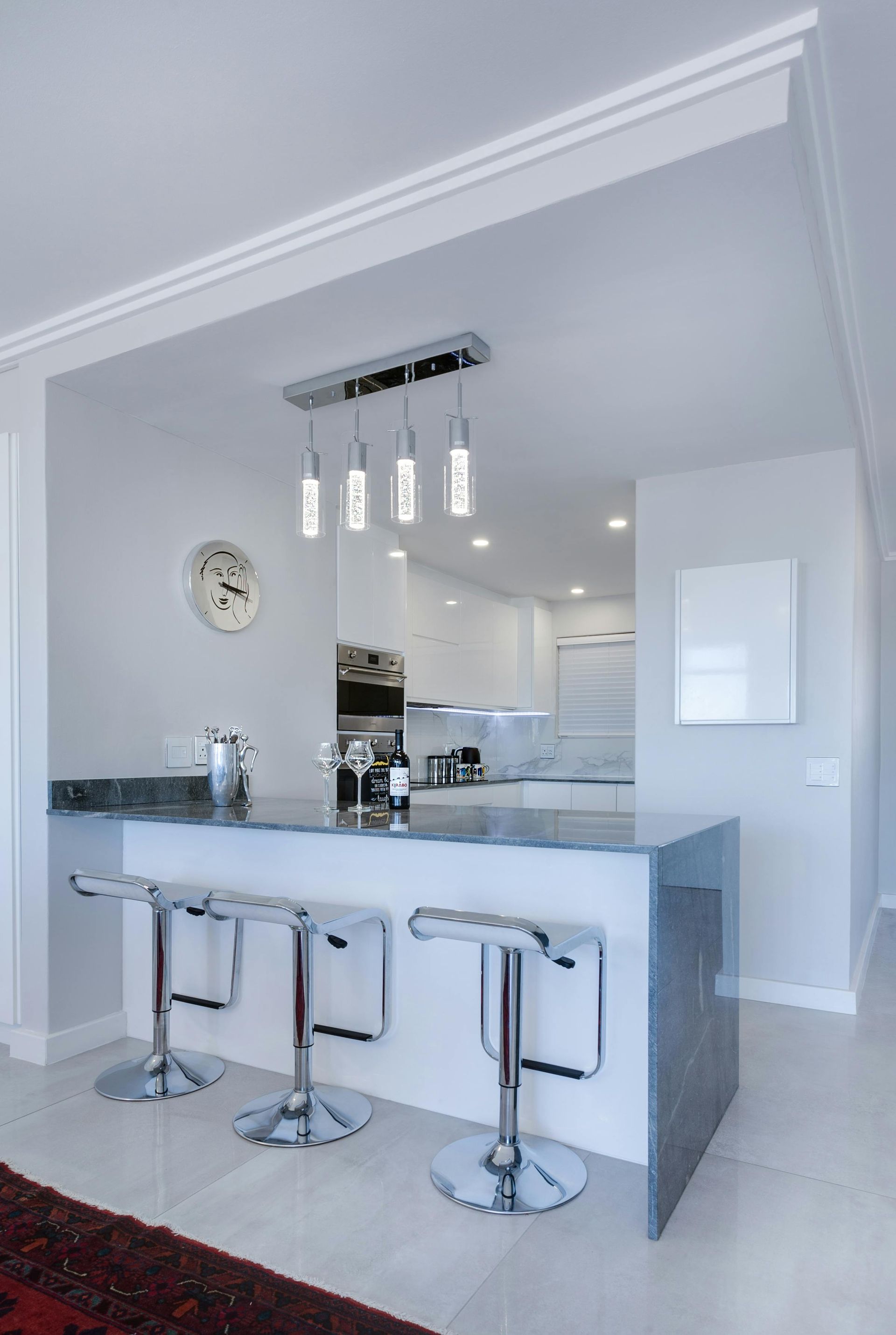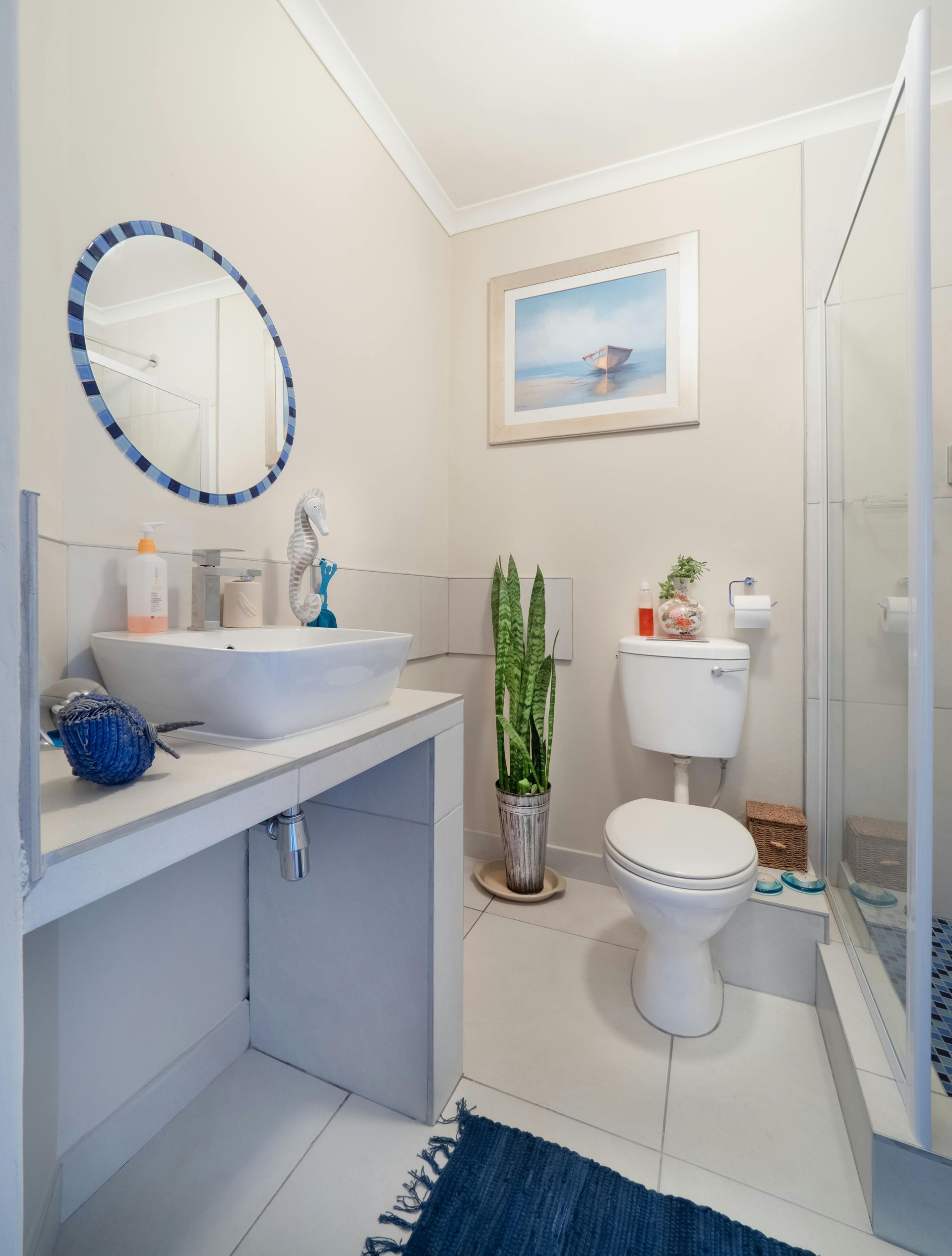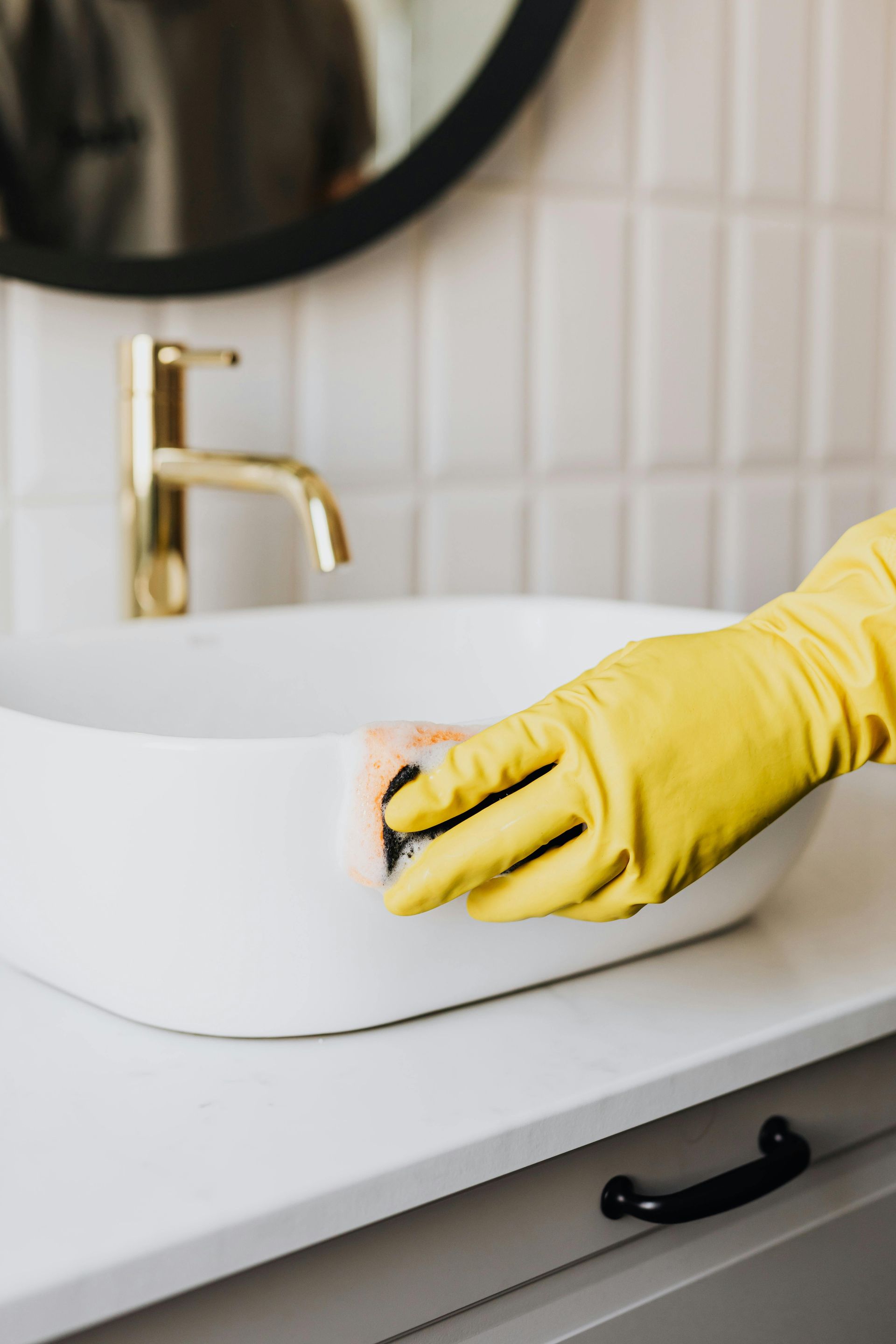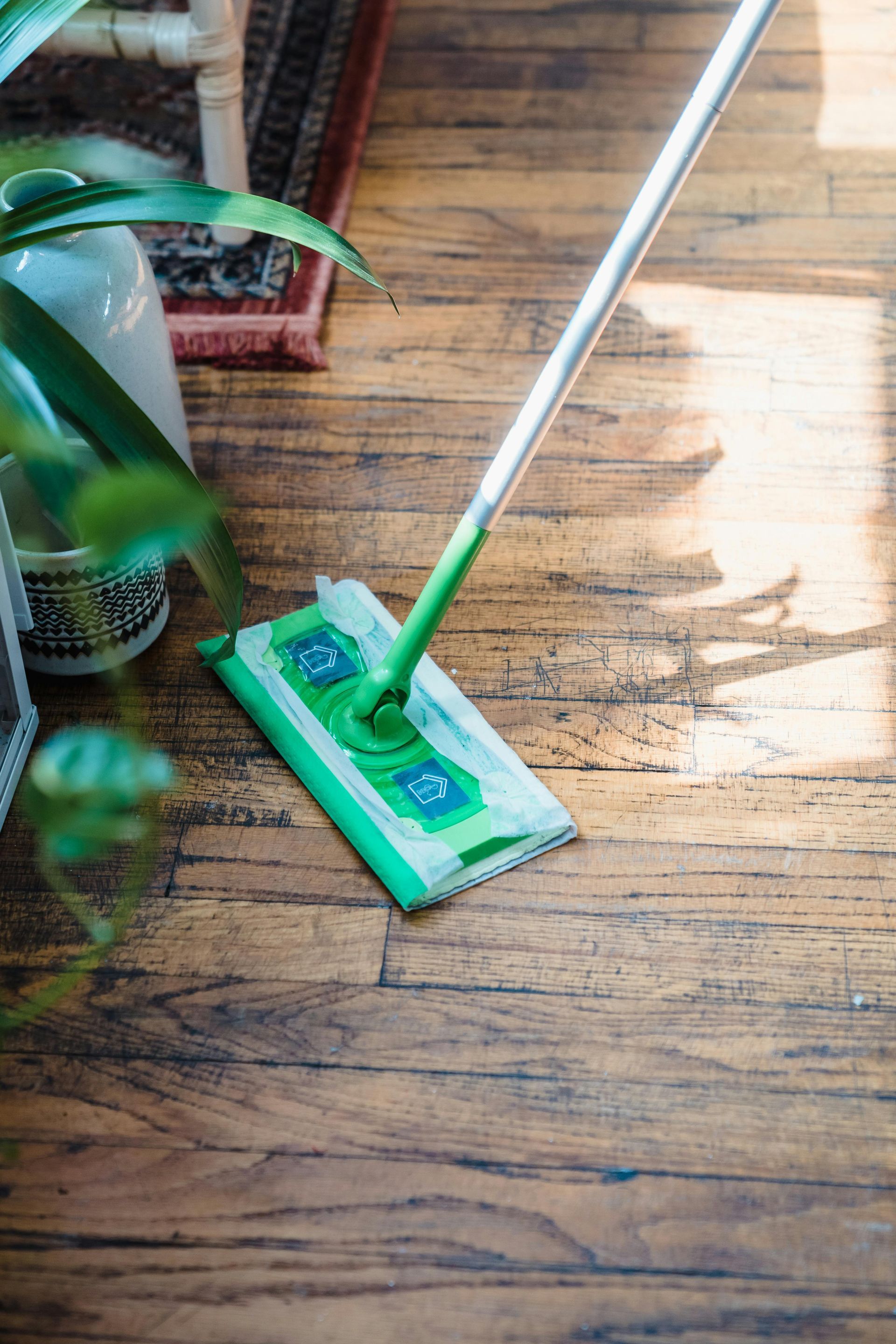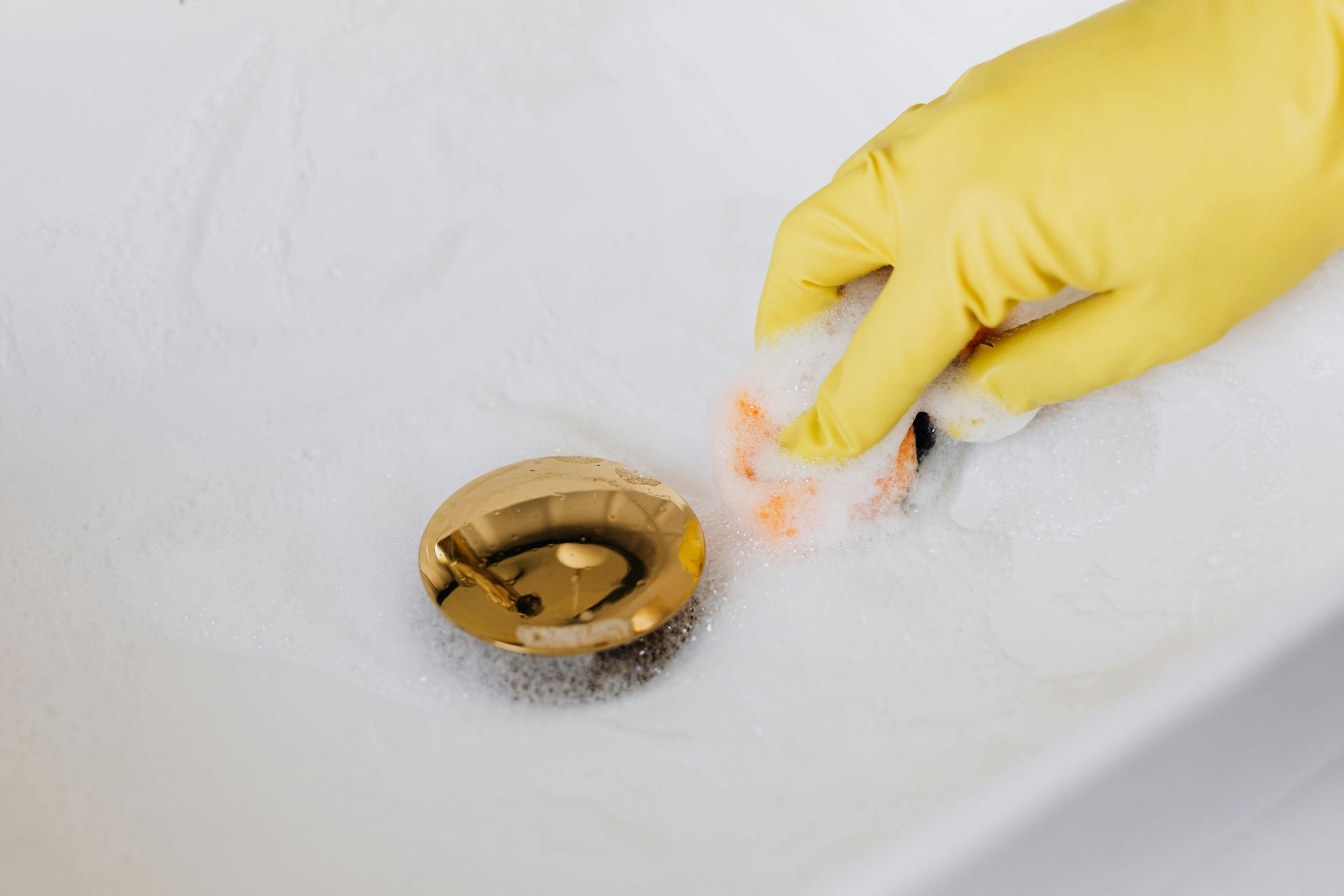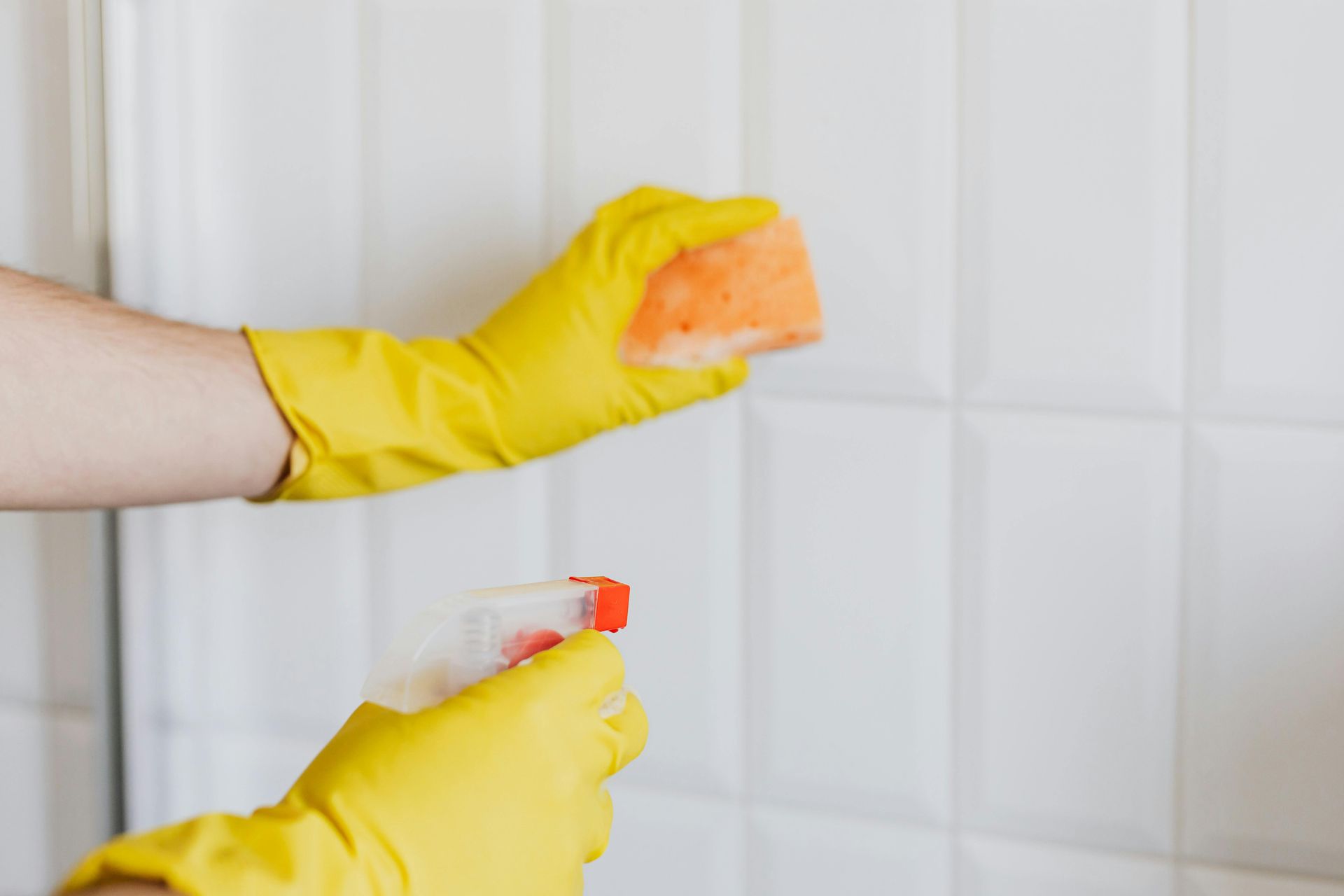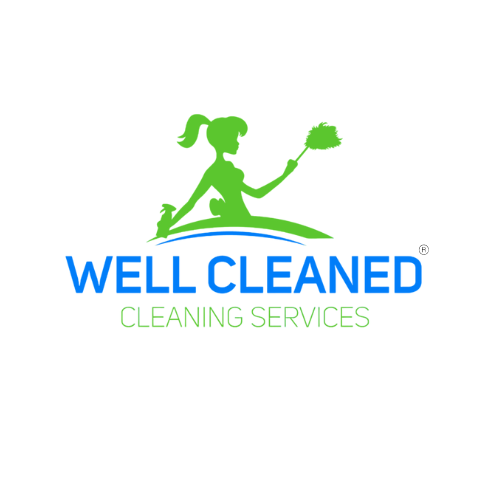How much you charge your customers is a crucial consideration when starting a service business. For solitary businesses, hourly rate is the most typical error they make.

In addition to the pay, there are a number of other costs to consider. Overhead costs like rent and utilities can have an impact on your bottom line.
Set a price for your services before you begin offering them to clients. Clients will not come if you price too much, while clients may come if you charge too little, but they will be working for next to nothing. To find out how much others are charging for this service in your area, see whether anyone else is already doing it. As a general guideline, I believe that the minimum wage should be multiplied by 2.
The most prevalent price strategies for cleaning businesses include hourly, task type, and long-term contracts. Profit margin is an important consideration when creating pricing rules. Keep this in mind while determining your entire pricing strategy and the basis of how you intend to run your firm.
Calculate your operating costs and expenses for each task, including travel, cleaning materials like paper towels and rags, and personnel. After that, consider how much profit you hope to generate on each job. This is the price you should be charging your customers.
Using competitive pricing and business models as a benchmark, evaluate your pricing and business strategy in the marketplace. Not all of your rates must be the same, however. A higher (or more affordable) level of service may be available through your company. However, it's critical to make sure your services are priced appropriately in relation to your market's requirements. It's a safe bet that they will.
